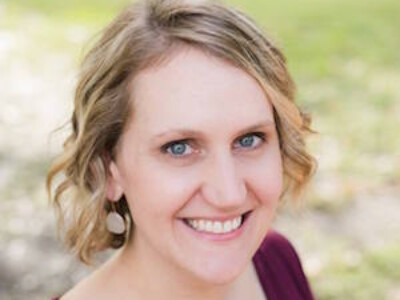Parents who have children with Down syndrome are critically invested in spreading awareness. As a mom of a young child with Down syndrome, I know why we, as parents, hold this conviction, as the belief is that the more you educate others, and the more people know credible information about intellectual disabilities, the more likely society will step up for our children.
Fifty years ago, I would have been told to take my child with Down syndrome to an institution. Let that resonate for a second. Consider, too, that I would have been the ultimate trailblazer then if I advocated differently and decided to take my child home. Although parents are no longer told to institutionalize, we often face other unbelievable viewpoints about our children.
I cannot count the times that I have been asked, from commenters who believe they are well meaning, about my choice to have my child. I have also frequently been praised for extraordinary commitments to my child, as if I am some sort of super mom who loves my child more than anyone could ever imagine loving my child.
Conveying a message that my child is not the type that gets automatically, by birthright, unconditional love. The kind of love that’s easy and real and daily, and not some profound stretch that only a super parent could give. Consider what that says about my child: that he is fortunate to have a parent that will go above and beyond in dedication to him, because somehow, due to disability, he is, in fact, less lovable for just any “typical” parent.
It is past time to shift the narrative.
I know that I, like so many other parents, will continue to advocate, but it is far past time for the “other” parents to step up. There is a need for collective responsibility and accountability within the general public to support access and opportunity to all people, to take on the role of advocate, to influence change, and to make space for my child. This makes a better world for him and also for everyone else.
The structure of American government services for individuals with disabilities is based on the concept of being “able-bodied” or not.
This is a concept that was constructed prior to the establishment of the United States. Unfortunately, the historical views of the role of government in the lives of those with disabilities has changed little over time.
However, extensive research in the areas of early childhood intervention, public education and vocational support demonstrates that individuals with a diverse range of disabilities including Down syndrome have the capacity to learn and live the independent lives of their choosing. Although there are needed changes to our paternalist policies to prevent individuals with disabilities from being left behind, there are simple changes that we can do to change the lifetime outcomes of individuals with Down syndrome.
This month holds World Down Syndrome Day and more of us who are not in the weeds of raising a child with a disability need to think about the message they are passing on to others, and especially, their nondisabled children.
Consider, for a start: Are you emphasizing what they do instead of focusing on who they actually are? Are you only focusing upon achievements and accomplishments, and labeling your child gifted or smart, or are you emphasizing attributes such as compassion, thoughtfulness and humor? When you consider what makes your child’s school great, do you consider the benefits of diversity in the classroom including those who would have traditionally segregated to special education, or is your focus squarely on your child’s achievement?
It is time more of us see our roles in improving the lives of those with a disability, and to see that policies alone will never lead to full integration. My child and other children with disabilities deserve it.
Deborah Cohen is a research assistant professor in the Steve Hicks School of Social Work at The University of Texas at Austin.
This op-ed was produced for Texas Perspectives. A version of it appeared in the Austin American-Statesman. The op-ed represents the views of the author, not of the Steve Hicks School of Social Work or The University of Texas at Austin.


